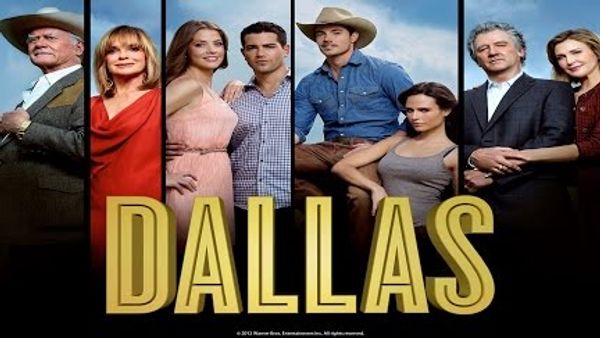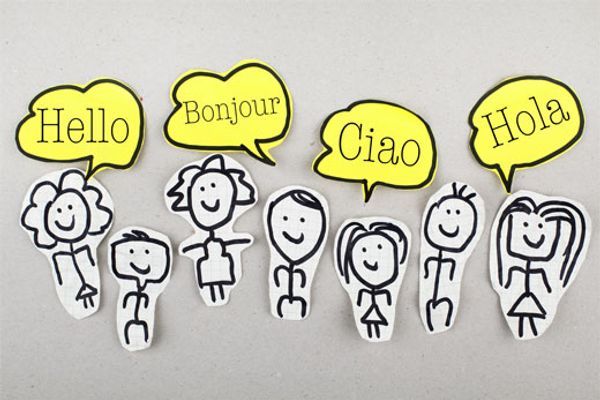Language learning through TV? (Im)possible.
We've all heard the stories... "Oh, I learned to speak *insert language here* by watching prime-time television," but many people wonder whether it could actually work in terms of effective language acquisition.
Well, the answer is not as clear-cut as it might seem. Linguists and language teachers alike agree that exposure to a language improves one's chances of successfully learning that language. That's exactly what the immersion method is all about. But on the other hand, we all know that television is largely created with the slang and jargon of the day in mind.
Consider this: a soap opera [n: A soap opera is an ongoing drama serial on television or radio, featuring the lives of many characters and their familial, platonic and intimate relationships. The term soap opera originated from radio dramas being sponsored by soap manufacturers. Inf: soapy] set in the 1970's-1990's (for example "Dallas"), compared to a modern day comedy series such as "The Big Bang Theory" which has been successfully running since 2007.

Naturally, both of these highly-watched and quite famous in their own right TV series could be useful for learning (and obviously enjoying at the same time) a new language. But, and I suppose it's rather a big but... how would learning about physics and comic books benefit me as a brand-new language learner? In the same breath, how would the jargon used in the oil industry in the early 1970's benefit me, a language learner in 2019?
It might not help me, the language learner to completely learn the language, but it can help me to develop my pronunciation and natural linguistic rhythm. It will definitely help to benefit my relaxation and enjoyment. And that's how it should be. Language learning should be enjoyable and fun.

Another argument from the naysayers camp is that many modern-day series in multilingual communities are, in their universe, multilingual. In South Africa, we see many popular soapies that have embraced the many, many dialects and languages available to the South African public. It's quite possible to watch a 30-minute episode that showcases usage of Afrikaans, Xhosa, Zulu and two to three different forms of English (Capetonian, Durbanite or even Business English). Without the prior-knowledge about South Africa and its multilingualism, many different accents and cultures, a language learner could become frustrated quite rapidly. Barring that minor hiccup, the different dialects in the target language usage could lead to several interesting pronunciations and misusing of the vocabulary in question.
Speaking from personal experience, television watching can be useful in terms of language acquisition. I learnt to speak Afrikaans at the age of 8 in a household that was purely Afrikaans. Afrikaans, the target language, was primarily spoken in the home (although English was also used). Many years ago, South Africa used to have a show called "Egoli" at 6 p.m. and still has "7de Laan" at 6.30 p.m. Both of these soapies were a beautiful mish-mash of the South African language scene, but primarily Afrikaans. The benefit of both was that they provided helpful subtitles for each character's dialogue so back when I was an A1 learner, I was able to develop my vocabulary, spelling and grammar in addition to hearing the correct pronunciation of the words. As my linguistic understanding progressed, my parents graduated to covering up the subtitles at the bottom of the T.V. and after the hour of Afrikaans T.V.-learning had passed, I would answer simple questions based on the episode: "Who did character x talk to?" and "What happened between x and y?" The aim of this activity was to answer in the best Afrikaans I could manage and with gentle correction when tenses became confused or words were mispronounced, my Afrikaans blossomed.
I couldn't say with complete accuracy that I learnt to speak a language purely based on television series or movies. I needed external exposure to the language and its finer nuances in order to get the best out of that series watching. At the end of the day, media that uses the target language is definitely desirable, as long as the language learner has a guide to show them the way. Else, "Bazinga!" might become an obscure misused manner of saying, "Hello".
What do you think? Should we be using soap operas more? Comment and let me know.
2019年8月21日





